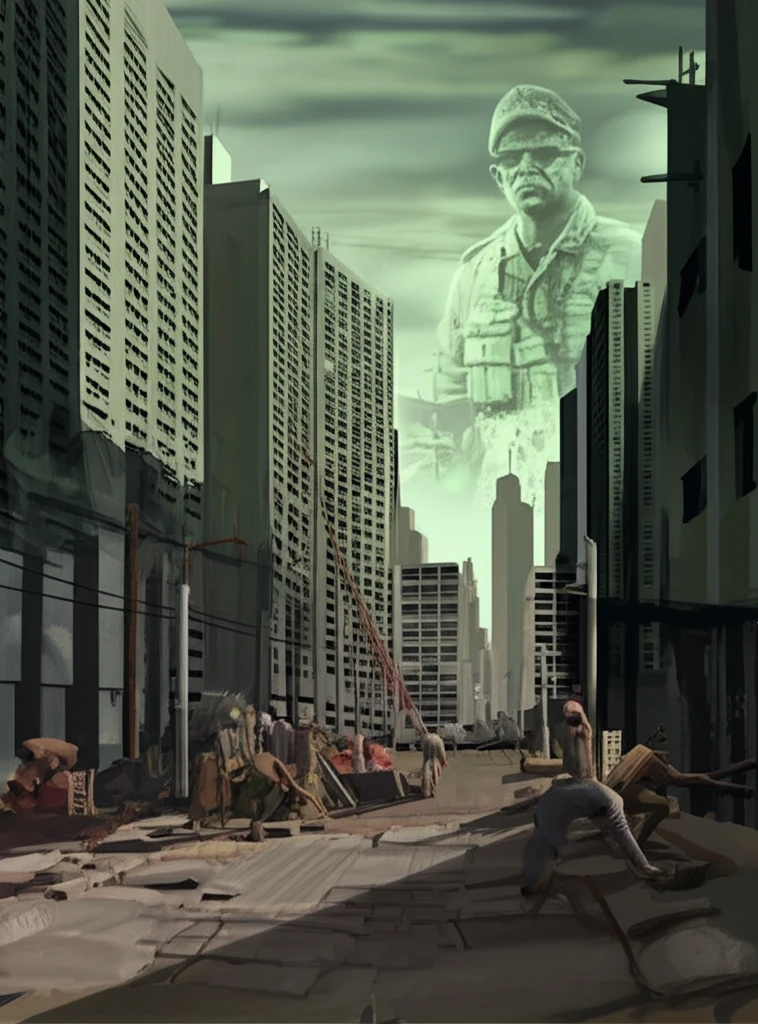
Beyond Bricks and Mortar: How Brazil's Military Dictatorship Shaped Construction Labor
"Uncover the surprising ways Brazil's 1964-1988 dictatorship influenced worker policies, safety standards, and labor rights in the construction industry."
In 2014, a seminar held by Brazil's National Truth Commission brought to light the often-overlooked plight of workers under the nation's civil-military dictatorship (1964-1988). A startling revelation emerged: the staggering number of deaths and injuries plaguing the construction industry during that era. Far from accidental, these tragedies pointed to systemic issues, reflecting the state's policies that prioritized economic growth over worker well-being.
This article aims to delve into the state policies enacted during the Brazilian dictatorship, examining their impact on construction laborers. It investigates the extent to which these policies served the interests of construction companies, particularly those involved in public works projects, at the expense of the workforce. By uncovering these historical dynamics, it sheds light on a period where the pursuit of progress often came at a steep human cost.
While the stories of persecuted political activists during the dictatorship are widely known, this article focuses on the less-discussed injustices faced by everyday workers. It highlights the systemic exploitation and repression experienced by those who built the nation's infrastructure, revealing a darker side of Brazil's economic boom.
What Were Working Conditions Like Under the Dictatorship?

The 1964 coup marked a significant setback for Brazilian workers. The regime ushered in policies that suppressed wage growth, eliminated job security in the private sector, mandated compulsory savings, and dismantled the right to strike. Labor unions faced harsh restrictions, with government intervention replacing worker advocacy with a more compliant, welfare-oriented approach.
- Wage Suppression: Government policies kept wages artificially low, increasing profits for businesses.
- End of Job Security: Workers could be dismissed without cause, creating a climate of fear and discouraging dissent.
- Restricted Labor Rights: Striking and union activities were severely curtailed, leaving workers with little recourse against exploitation.
- 'Blacklists': Labor activists and suspected leftists were often barred from employment, further silencing opposition.
A Legacy of Exploitation
The state's policies during the dictatorship, designed to favor businesses through subsidies, market protection, and financial incentives, directly contributed to the exploitation of construction workers. These policies manifested in suppressed wages, disregard for labor laws, restricted worker organization, and weak safety regulations. The consequences were dire: a surge in workplace accidents, poor living conditions, and a stifling of worker rights.
